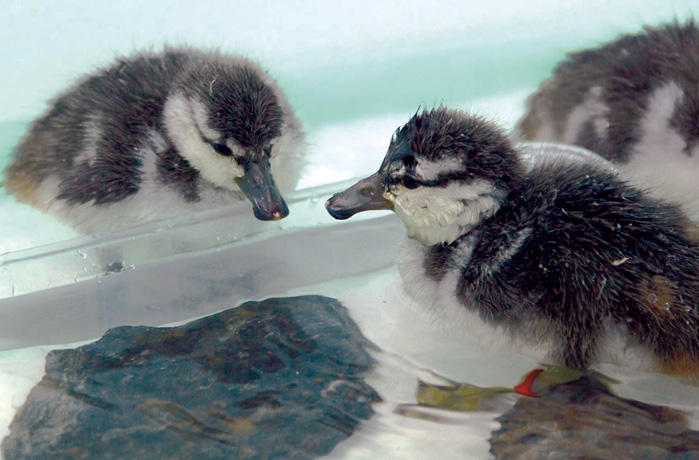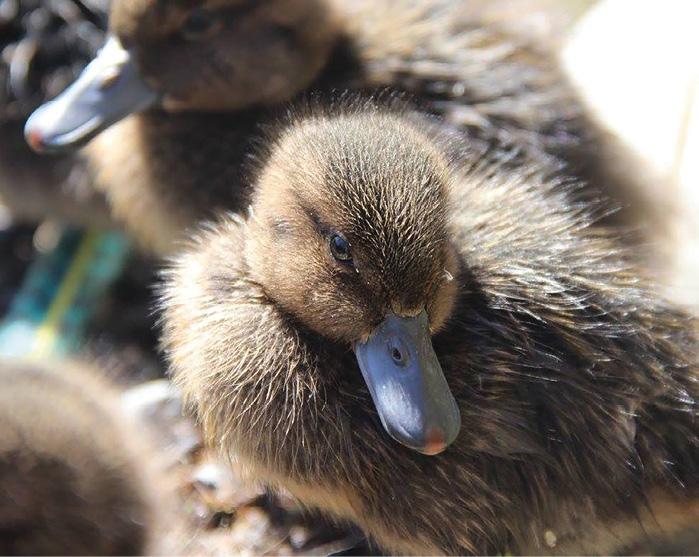
2024 Conference/AGM
Ducks Unlimited New Zealand members will meet in Masterton to celebrate the organisation’s 50th year with its 49th Conference and AGM on May 10-11
Conference events will follow a format similar to previous years, with attendees meeting on Friday evening, May 10, for an informal catch-up and dinner.
The AGM on Saturday will be followed by a field trip to Len French’s wetland at Whareama, with lunch at Homewood Storeroom.
The dinner and auction will be held on Saturday evening.
The meeting venue and accommodation is at the Copthorne Hotel and Resort Solway Park in Masterton.
To register, email Will Abel at This email address is being protected from spambots. You need JavaScript enabled to view it.
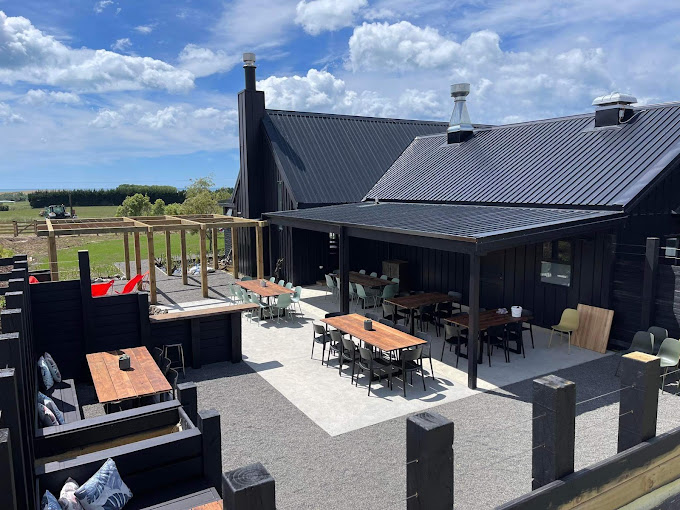
Wetlands
Our wetlands are facing a crisis. Over 90% of our wetlands are gone and many of our plants and animals now face severe threats.
You can help save our precious wetlands
Become a supporter Read MoreWildlife
New Zealand is home to the two rarest Waterfowl species in the world. The Whio and the Pateke are struggling for their survival.
Become a supporter Read Moreactivities
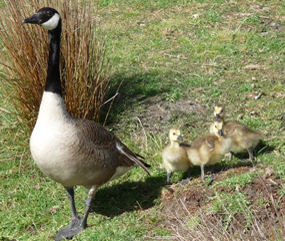
Canada Geese
The distinctive and well-known Canada goose is a North American native.
It has been extensively introduced to UK
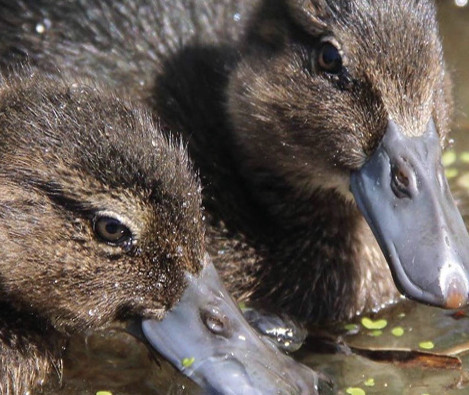
Brown Teal/Pāteke
The brown teal/pāteke is a small dabbling duck endemic to New Zealand.
They are the rarest waterfowl on the mainland.
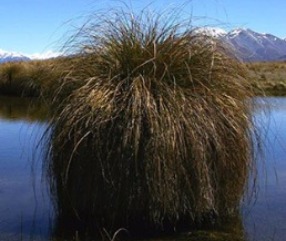
Wetlands restoration
They abound with life and their inhabitants are familiar to us all. However, over 90% of our wetlands are now gone
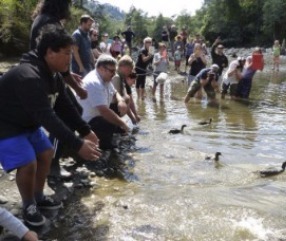
Whio release
The blue duck/whio is only found in New Zealand. It is a nationally vulnerable species and faces a risk of becoming extinct.
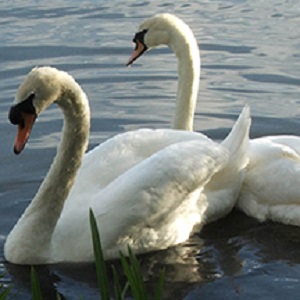
Swans
The mute swan had absolute protection in New Zealand under the Wildlife Act 1953.
This was changed in 2010 to a lower level of protection by Ministry of Conservation discretion.
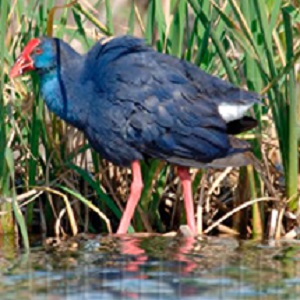
Rails
From an era when large flightless birds were spread throughout New Zealand, the takahē has clung to existence despite the pressures of hunting, habitat destruction and introduced predators.
Learn More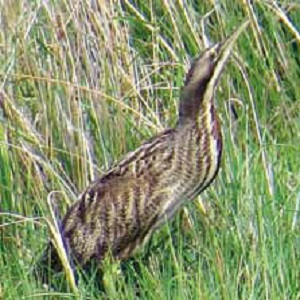
Bittern
The endangered matuku inhabits wetlands throughout New Zealand.
DOC is focusing on developing methods for surveying bittern systematically and for restoring wetlands .
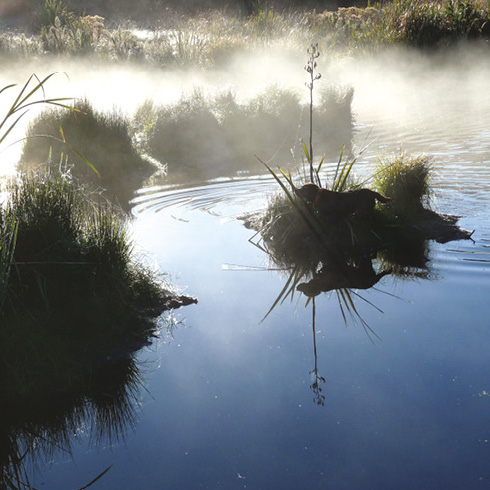
Sport Shooting
Encouraging and supporting sustainable sport shooting. Providing education and information about endangered species
View More
